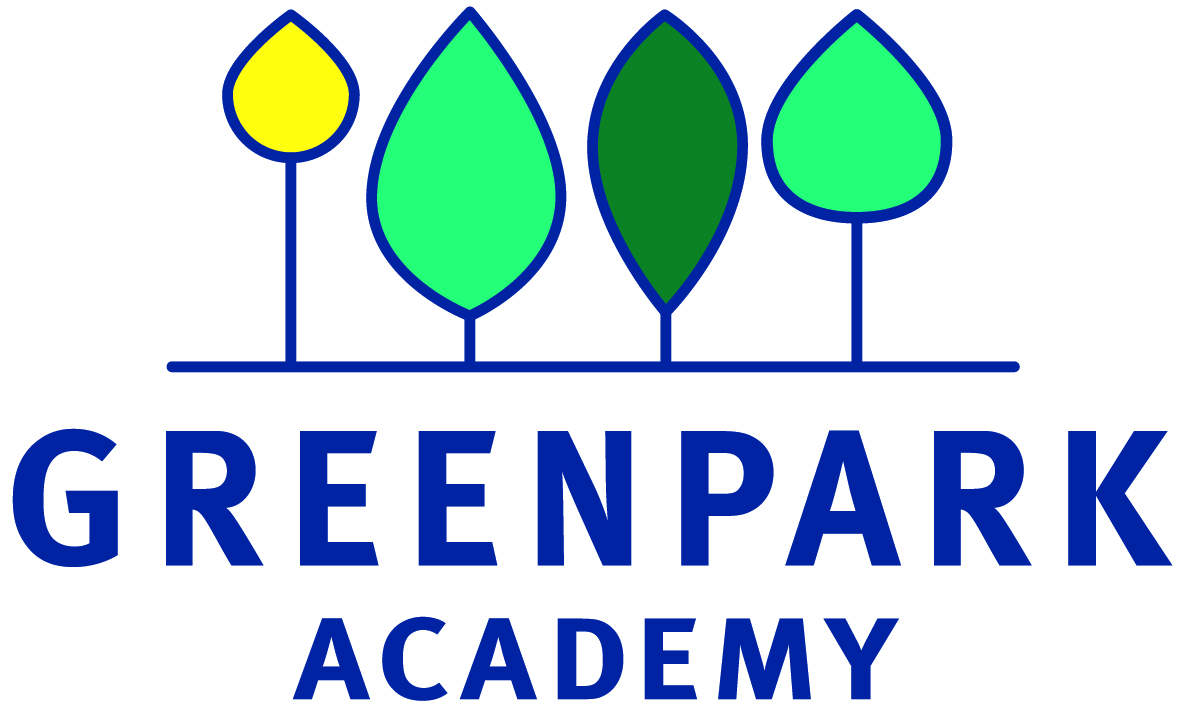Religious Education (RE)
"We may have different religions, different languages, different coloured skin, but we all belong to one human race."
"All religions, arts and sciences are branches of the same tree."
Syllabus Coverage Overview 2yr Programme
Progression of Skills Knowledge Organisers
Intent
Why do we teach this? Why do we teach it in the way we do?
Our RE curriculum is based on the National Curriculum and Norfolk Agreed Syllabus and is designed to:
- The curriculum content is delivered through three lenses - theology (thinking through believing), philosophy (thinking through thinking) and Human/social sciences (thinking through living).
- To give children accurate knowledge about religions and world views.
- To give children the information and tools so that they can hold balanced and well-informed conversations about religion.
- To give children an opportunity to make sense of religions and develop an understanding of the complex world we live in.
- To give children exposure to a range of traditions, cultures and festivals in order to broaden their horizons.
- To promote an appreciation and understanding of different religions – preparing children for KS3, 4 and beyond.
- To have the space explore their own thinking on belief and that of others within the community and society they live within.
Implementation
What do we teach? What does this look like?
Our RE curriculum is taught through 3 lenses: -
- Theology, thinking through believing – pupils will explore questions and answers that arise from inside religions and worldviews.
- Philosophy, thinking through thinking – pupils will explore questions and answers raised through considering the nature of knowledge, existence and morality
- Human/social sciences - thinking through living – pupils will explore questions and answers raised in relation to the impact of religions and worldviews on people and their lives.
- Lessons are either blocked over 2 or 3 days or taught weekly. Each lesson (step) typically lasts 1 hour
- Lessons demonstrate a balance of learning about the religion and learning from it.
- Key vocabulary is explicitly taught as part of the steps.
- The RE scheme has been planned to give children: -
- A recap of prior learning
- Visits to places of worship
- Opportunities to speak to practicing believers of a range of faiths
- relevant religious artefacts.
- Work is recorded in project books and will follow at least 6 steps after a Knowledge Organiser
- There will be a ‘reflect on’ time for children to self-assess using I have learned.
As part of lessons, children will be given opportunities to describe similarities and differences between religions and explore how religion fits into history.
Impact
What will this look like? By the time children leave our school they will:
At the end of the unit, the pupils will be assessed against the knowledge and vocabulary as set out in the Knowledge Organiser. This information is recorded on the RE assessment grid and used to inform future teaching.
Know more
- Vocabulary is explicitly taught.
- Children are given opportunities to describe similarities and differences between religions.
- Children are given opportunities to talk about their own faith views and give reasons for their choices.
- Explicit links are made to history to enable children to build up a web of knowledge about religion over time.
Do more
- Learning is structured to give opportunities to explore different religions in each lesson
- There are a variety of activities planned within the structure of the lessons to give pupils a chance to apply their knowledge and vocabulary.
- Within the scheme there are opportunities to visit a range of places of worship.
Remember more
- Children’s work and knowledge is recorded in project - they are accessible to pupils as an aide memoire.
- Practical activities, age-appropriate artefacts and discussions are planned to help children to remember key facts.
-
There is a recap of prior knowledge at the beginning of new units to help embed religious knowledge.
"Respect for other religions is not just a matter of tolerance; it is a recognition of the inherent dignity and worth of every human being."
